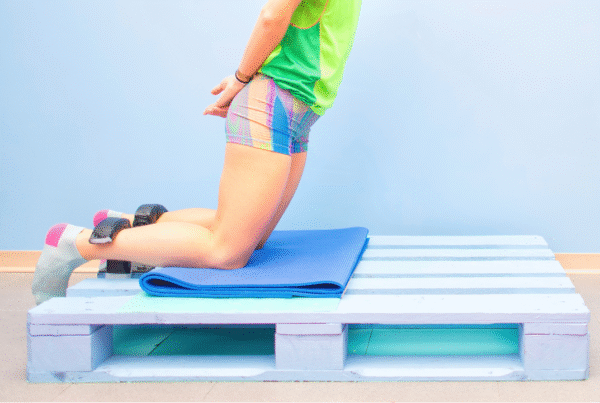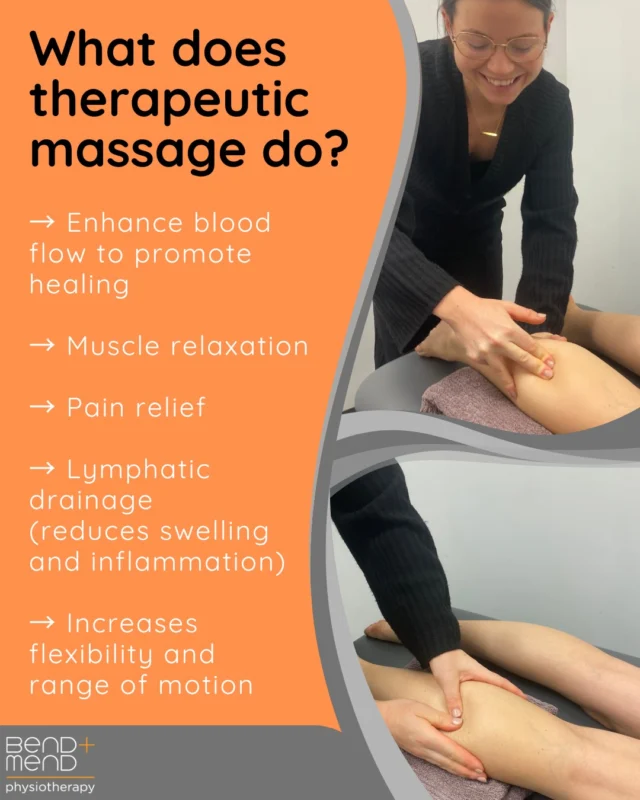With the new year comes the new years resolutions: ‘I want to lose weight’, ‘I want to be more active’, ‘I want to be healthier’ are all statements that come to mind when we think about new years resolutions. For most of us (me included!) the steps we take to meet these goals, start to drop off come February, but for those of you who are sticking to your activity goals, how many steps do we need to take to be more active every day?
When talking about a daily step count most people automatically think that they need to be maintaining 10,000 steps per day in order to live a healthy life. Interestingly enough though, 10,000 steps a day is not actually in any published guidelines regarding health and activity and has limited evidence behind its use as a measure of health.
So what should we use as a benchmark for our daily activity to ensure that we are maintaining our health? A lot of the evidence in published guidelines suggests that taking more steps at a higher intensity will assist in reducing disease and mortality along with performing moderate to high intensity exercise 3-5x per week, but do we have to do a certain number of steps?
A recent study by Lee et al published in 2019 sought to examine how many steps were needed by an adult every day to have a meaningful difference in their mortality. The study examined adult women who were fitted with an accelerometer which was used to identify the number of steps taken each day, along with the speed at which they were walking.
Lee et al found that the women who took more than 4,400 steps per day had a reduction in their mortality by 41% and this rate continued to improve until 7,500 steps per day where the mortality rate plateaued. The intensity at which these women stepped had no significant impact on the mortality rate.
This study provides some initial evidence to show that taking 10,000 steps per day may not be necessary to maintain our general health, however it does demonstrate that aiming to take as many steps as possible may assist in reducing our mortality rate. The results of this study are limited to older women and further studies will be required to see whether this is also true for other populations.
What we can conclude on though is the positive benefits of walking and the role exercise has on health. If being healthier is your goal this year, incorporate walking to maximise your results.
If you need help getting your steps, contact one of our experienced Physiotherapists here at Bend + Mend in the Sydney CBD. We would love to help you achieve your New Years Resolution!
Reference:
- Lee I, Shiroma EJ, Kamada M, Bassett DR, Matthews CE, Buring JE. Association of Step Volume and Intensity With All-Cause Mortality in Older Women. JAMA Intern Med.2019;179(8):1105–1112. doi:10.1001/jamainternmed.2019.0899





